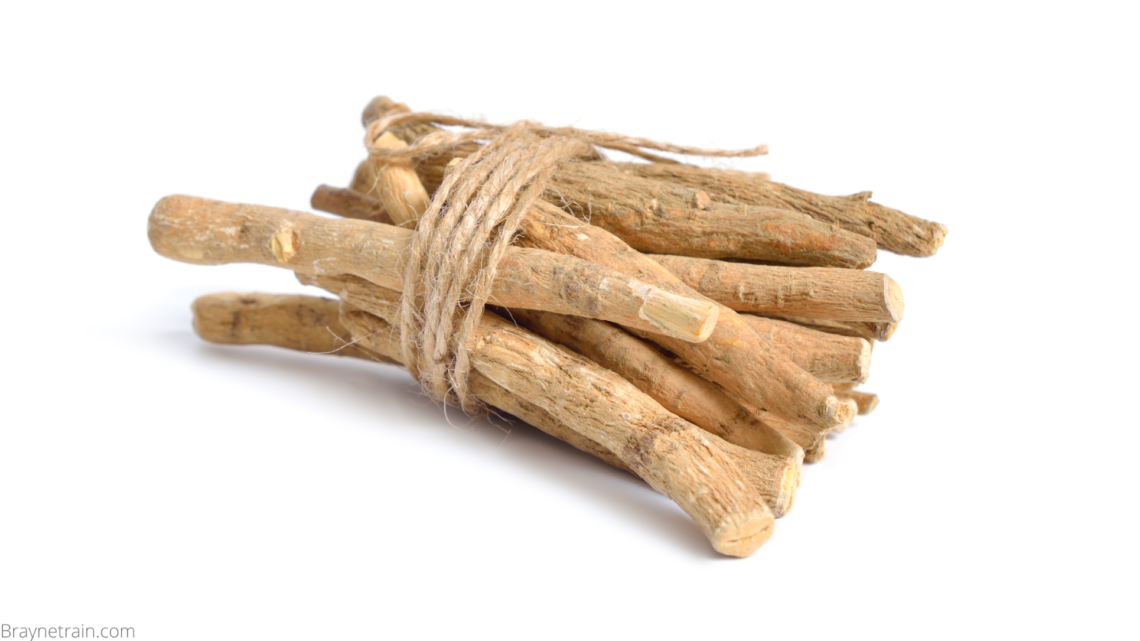
How Long Does It Take For Ashwagandha To Start Working?
Ashwagandha is an herb that comes from India and certain regions of Africa, and its primary use is for managing stress and anxiety.
Based on scientific evidence, it takes an average of 30 to 60 days for ashwagandha to begin working. Ashwagandha helps reduce anxiety, increases muscle mass, improves insulin sensitivity, and helps lower blood sugar.
In this post, we will explain ashwagandha’s benefits and answer some of the most commonly asked questions about this evergreen shrub. Continue reading to find out more!
Table of Contents
- What is Ashwagandha?
- Is Ashwagandha safe to take?
- Benefits of Ashwagandha.
- Can you take Ashwagandha long-term?
- How much Ashwagandha can you take daily?
- Ashwagandha dosage chart.
- Takeaway.
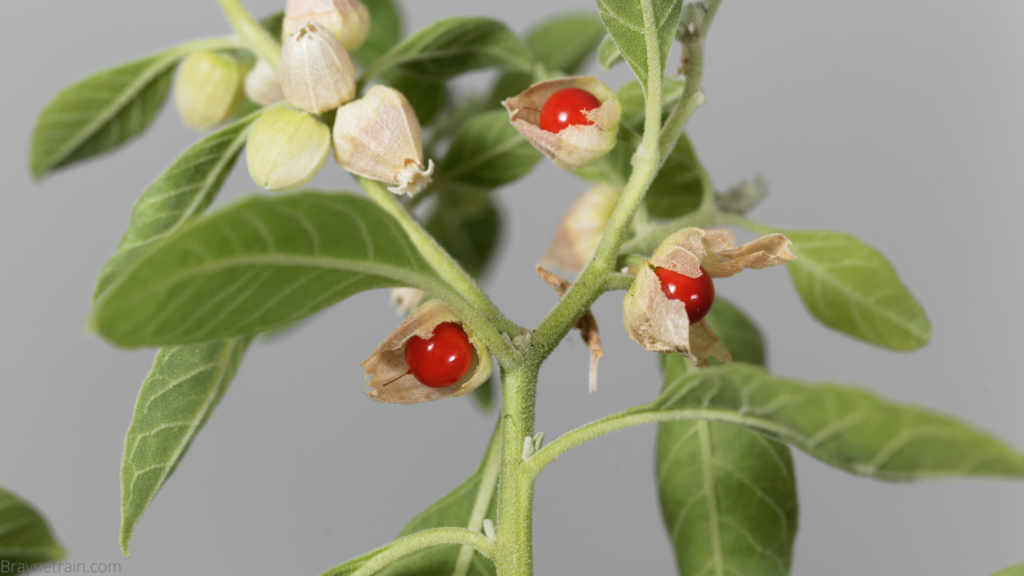
What is Ashwagandha?
Ashwagandha is an evergreen shrub that grows in India, parts of Northern Africa, and the middle east.
It is sold as a medicinal herb in Ayurveda, which is an alternative medicine practiced in India and Nepal.
Ashwagandha has been used in traditional medicine for nearly 3000 years.
The name ashwagandha translates to “Horse odor” because the root itself smells like a horse, also, it is believed to give you the strength of a wild horse.
This herb is considered an adaptogen, a compound that helps the body adapt and manage stress.

In Traditional Indian Medicine, Ashwagandha is classified as:
- RASAYANA: something that lengthens your life span.
- BHALYA: Something that gives you strength.
- VAJIKARA: Something that promotes sexual functioning; an aphrodisiac.
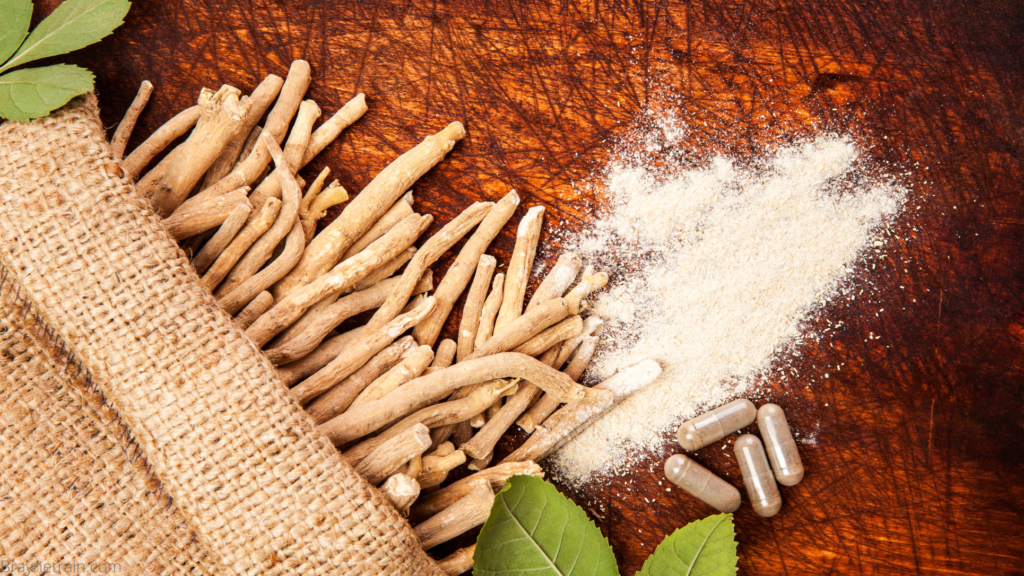
Is Ashwagandha safe to take?
Ashwagandha is generally considered safe for the majority of people and is regarded as a “gentle” herb.
However, some possible side effects of ashwagandha may include upset stomach, vomiting, diarrhea, and other symptoms of indigestion.
Ashwagandha may increase thyroid function and create hormonal imbalances.
To prevent potential side effects of ashwagandha, increase your dosage gradually and watch for any negative reactions.
If you take medications before taking herbal supplements, always discuss possible interactions or concerns with your health care provider.
Certain individuals, such as pregnant or breastfeeding women and individuals with serious medical conditions, should not take ashwagandha.
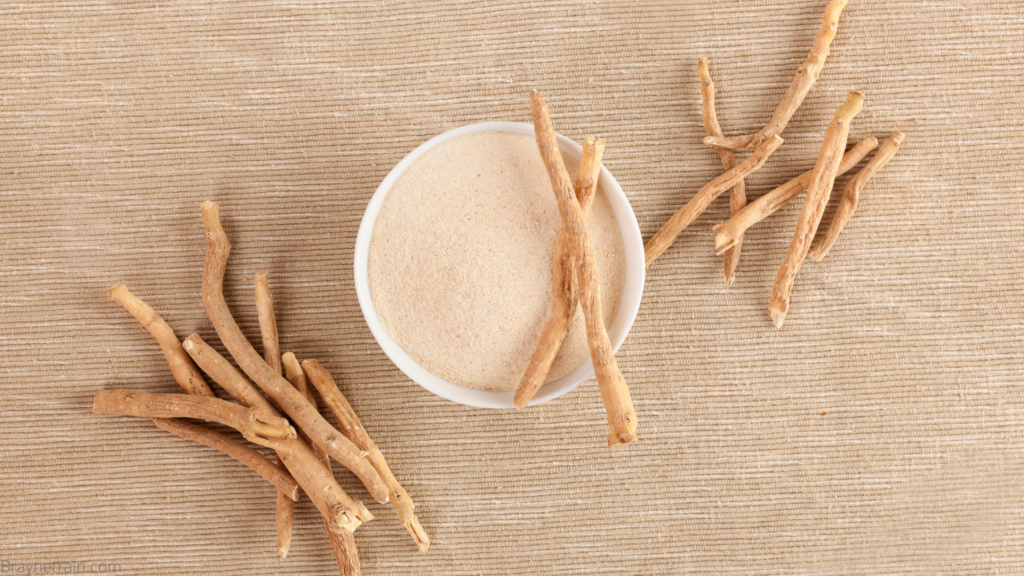
Ashwagandha Benefits:
Ashwagandha contains an unusual number of phytochemicals known as Withanones. These Withanones activate specific pathways in the human body.
It is believed that the phytochemicals in ashwagandha are the reason for its amazing health benefits.
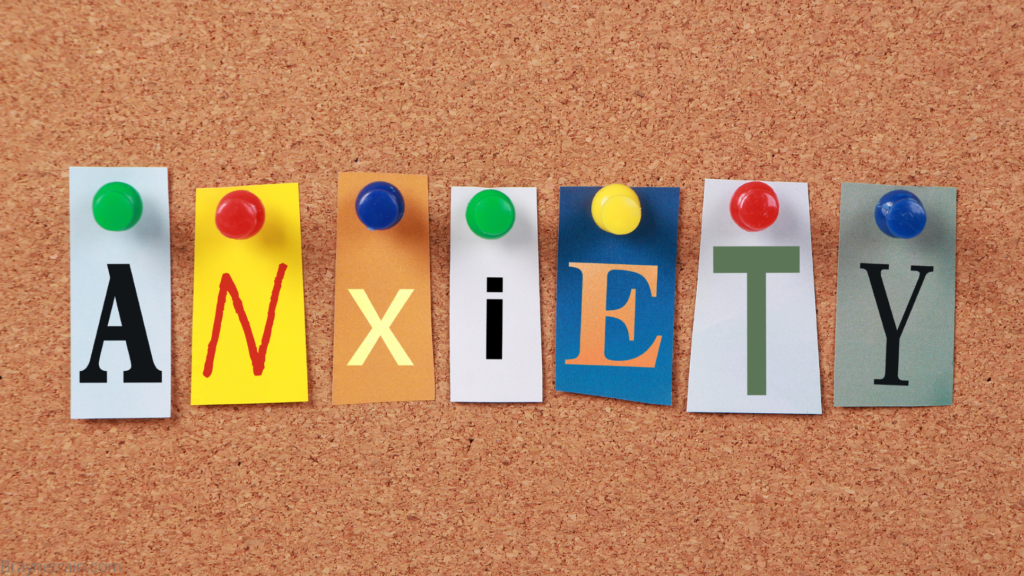
Reduces Anxiety & Stress
Ashwagandha helps lower cortisol, the stress hormone.
A clinical trial was done in 2008, in which 98 participants were divided into four groups, including a control group. Group two was placed on 125mg of ashwagandha per day.
The third group took 250 mg of ashwagandha per day, and the last group took 500 mg of ashwagandha per day.
The placebo group showed no change in their stress levels after 30 and 60 days.
After 30 days, the anxiety level of the lowest dose group had dropped by 39%. By day 60, their anxiety had reduced by 62.2%.
The highest dose group had the most improvement in their level of stress and anxiety.
To learn more about ways you can reduce your anxiety, click here.

Reduces Neuroinflammation
Free radicals are harmful agents produced in response to factors such as aging or UV light.
Free radicals cause inflammation in the body and the brain. The brain is highly susceptible to inflammation caused by free radicals.
Chronic mild inflammation in the brain is called Neuroinflammation, and scientists believe it is likely a cause of depression and anxiety.
C-reactive proteins are produced during an inflammatory response.
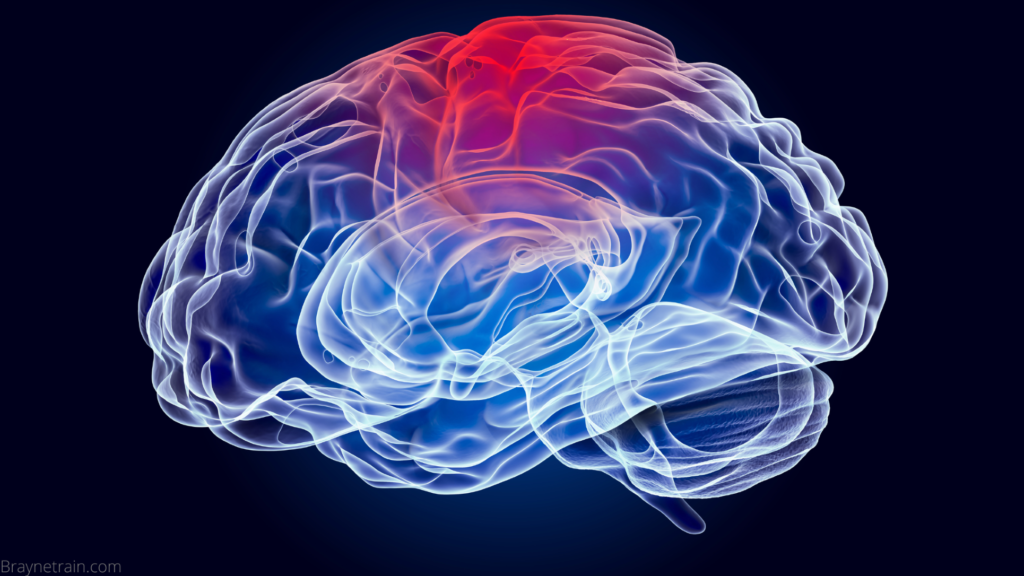
A clinical trial showed participants who took ashwagandha for 60 days had their C-reactive proteins reduced by nearly a third.
It is believed that ashwagandha boosts natural antioxidants of the body and helps fight inflammation, reducing the number of C-reactive proteins.
By reducing neuroinflammation, ashwagandha helps reduce anxiety and may improve depression symptoms.
To learn about breathwork and how it can help reduce anxiety, click here.
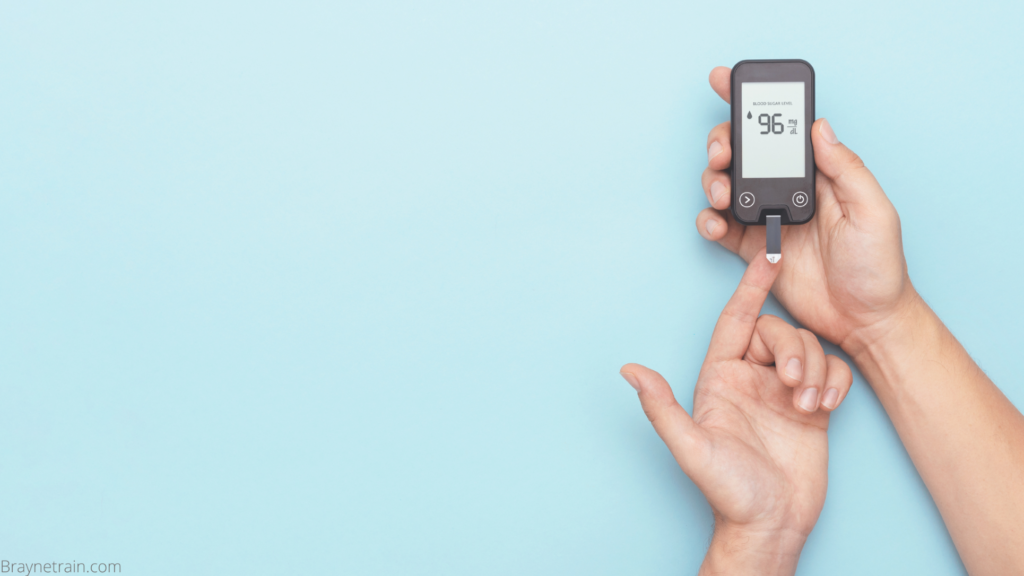
Lowers blood sugar
Ashwagandha is known to help increase insulin sensitivity. Insulin is a hormone that allows the uptake of sugar from the blood system.
Higher insulin sensitivity results in lower blood sugar.
Therefore, ashwagandha may help individuals with blood sugar problems such as diabetes.

Increases Male Fertility and strength
Ashwagandha can help increase testosterone levels.
In a study published in The Journal of the International Society of Sports Nutrition in 2015, fifty-seven men were divided into two groups.
Participants in the treatment group consumed 300 mg of ashwagandha twice daily, for 8 weeks.
After 8 weeks, the ashwagandha group showed a significant increase in their testosterone levels. Their muscle mass and overall strength also increased.
The researchers believe ashwagandha helps lower cortisol levels, therefore, helping increase muscle mass.
Cortisol is known to break down muscle; therefore, less cortisol can have the carry-over effect of increased muscle mass.
Also, studies on infertile men have indicated that ashwagandha can help increase sex hormone levels, improve sperm health and reduce oxidative stress in testicles, all leading to increased fertility in men.

Increases cognitive function
Another well-known health benefit of ashwagandha is improved cognitive function.
Ashwagandha has been shown to increase brain health. By lowering stress and anxiety, ashwagandha helps improve memory and overall cognitive function.
Can You Take Ashwagandha Long Term?
Based on clinical trials, it takes between 30 to 60 days for ashwagandha to begin working.
In most cases, adults can take between 500 to 1250 mg of ashwagandha for up to 12 weeks without any problems.
However, there needs to be more research done on the long-term effects of ashwagandha.
If you intend to take ashwagandha for longer than 12 weeks, consult your doctor for proper dosing and frequency.
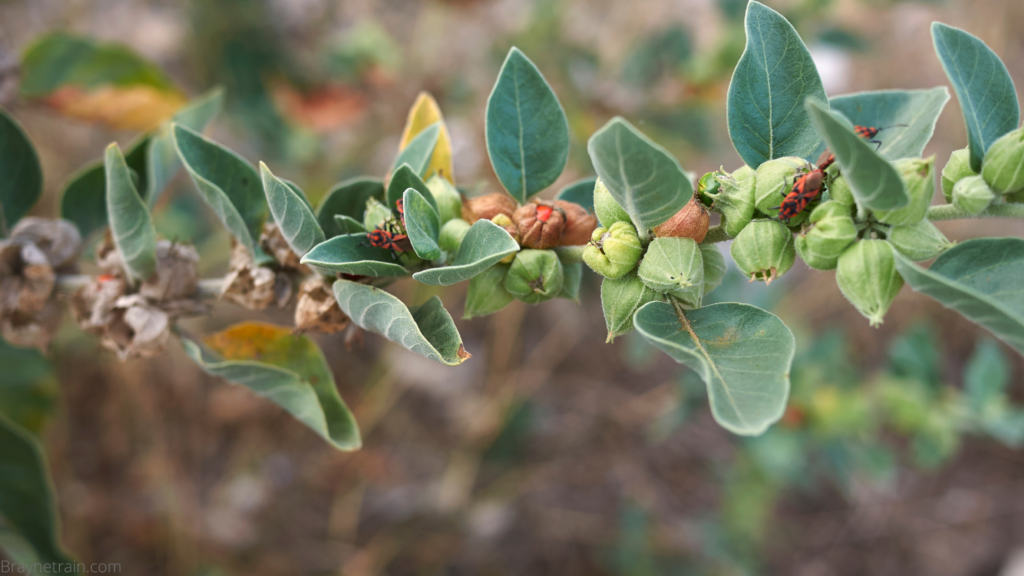
How much Ashwagandha can you take daily?
Doses between 125 mg – 1250 mg were used in the clinical trials of ashwagandha. The higher doses, 1000- 1250 mg, are the most effective and still considered safe based on research.
Most professionals recommend taking 200-500 mg of ashwagandha twice daily.
However, consult with your doctor if you are not certain about what dosage of this supplement is best for you and your needs.
Ashwagandha Dosage Based on Clinical Trials:
| Reason | Dosage (daily) | How Long? |
| Reduce Anxiety & Stress | 500 – 600 mg | 6-12 weeks |
| Lower Blood Sugar | 250 – 1000 mg | 4 weeks |
| Increase Fertility in Men | 600 mg – 5 grams | 12 weeks |
| Increase Muscle Mass | 500 – 600 mg | 30 days |
| Reduce Inflammation | 250 – 500 mg | 60 days |
| Boost Memory | 500 – 1000 mg | 8 weeks |
Disclaimer: If you have any medical questions or concerns, please talk to your healthcare provider. The information provided by BrayneTrain is based on scientific research and information drawn from medical societies and governmental agencies. However, it is not a substitute for professional medical advice, diagnosis, or treatment.
Takeaway
Ashwagandha is a medicinal herb that has proven to have many health benefits, including reduced anxiety, lower blood sugar, increased fertility in men, and better quality sleep. Ashwagandha is generally considered safe. However, it is essential to consult with your medical doctor before taking this supplement. Thank you for reading!
References
Chandrasekhar K, Kapoor J, Anishetty S. A prospective, randomized double-blind, placebo-controlled study of safety and efficacy of a high-concentration full-spectrum extract of ashwagandha root in reducing stress and anxiety in adults. Indian J Psychol Med. 2012 Jul;34(3):255-62. doi: 10.4103/0253-7176.106022. PMID: 23439798; PMCID: PMC3573577.
Andrade C, Aswath A, Chaturvedi SK, Srinivasa M, Raguram R. A double-blind, placebo-controlled evaluation of the anxiolytic efficacy ff an ethanolic extract of withania somnifera. Indian J Psychiatry. 2000 Jul;42(3):295-301. PMID: 21407960; PMCID: PMC2958355.
Dar NJ, Bhat JA, Satti NK, Sharma PR, Hamid A, Ahmad M. Withanone, an Active Constituent from Withania somnifera, Affords Protection Against NMDA-Induced Excitotoxicity in Neuron-Like Cells. Mol Neurobiol. 2017 Sep;54(7):5061-5073. doi: 10.1007/s12035-016-0044-7. Epub 2016 Aug 19. PMID: 27541286.
Mahdi AA, Shukla KK, Ahmad MK, Rajender S, Shankhwar SN, Singh V, Dalela D. Withania somnifera Improves Semen Quality in Stress-Related Male Fertility. Evid Based Complement Alternat Med. 2009 Sep 29;2011:576962. doi: 10.1093/ecam/nep138. Epub ahead of print. PMID: 19789214; PMCID: PMC3136684.




